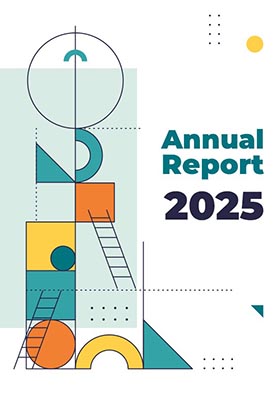Field of Research: Pharmacology
Name of author) (s): Amly W. and Karaman R.
Title of published work: “Recent updates in utilizing prodrugs in drug delivery (2013-2015)”
Name of Journal: Expert Opinion in Drug Delivery
Year: 2016
Volume: DOI:10.1517/17425247.2016.1142527
Pages: 1 - 21
Publisher: Taylor and Francis
Abstract:
Utilizing the prodrug approach as a method to overcome various pharmaceutical and pharmacokinetic barriers to drug delivery is significantly accelerating and achieving successes. In contrast to the older traditional prodrugs which suffer from decreased bioavailability and a high profile of side effects, due to activation at undesired sites, the targeted prodrug approach utilizes delivery systems to improve delivery for a wide range of therapeutics including anti-cancer, anti-bacterial and anti-inflammatory drugs. Areas covered: Recent updates in utilization of prodrugs in drug delivery between 2013 and 2015 are discussed. Targeted prodrugs against cancer, solid tumors, microbial infections, inflammation and other diseases using advanced delivery systems such as theranostic approaches, siRNA, DOX immunoconjugate, C 60-ser carrier vector, biotinylated prodrug, human serum albumin (HSA) carrier and others are presented. Expert opinion: Recent research efforts have been directed at developing targeted prodrugs to replace the classical prodrugs. The use of this approach has accelerated following the emergence of encouraging results from several studies on targeted prodrugs that have highlighted their higher efficiency and improved safety profiles. Targeted prodrug delivery is now considered more than a chemical modification method. It is an applicable and promising approach and, in the future, better knowledge and wide application of this approach may be attained which may pave the way for more forward-thinking and creative techniques.
Keywords:
Ciprofloxacin prodrugs; GDEPT; SN-38 prodrugs; doxorubicin prodrugs; gemcitabine prodrugs; paclitaxel prodrugs; platinum prodrugs; siRNA; targeted drug delivery.
Contact author (s):
Name: Rafik Karaman, PhD.
Address: Al Quds University, Faculty of Pharmacy
E-mail: This email address is being protected from spambots. You need JavaScript enabled to view it.


